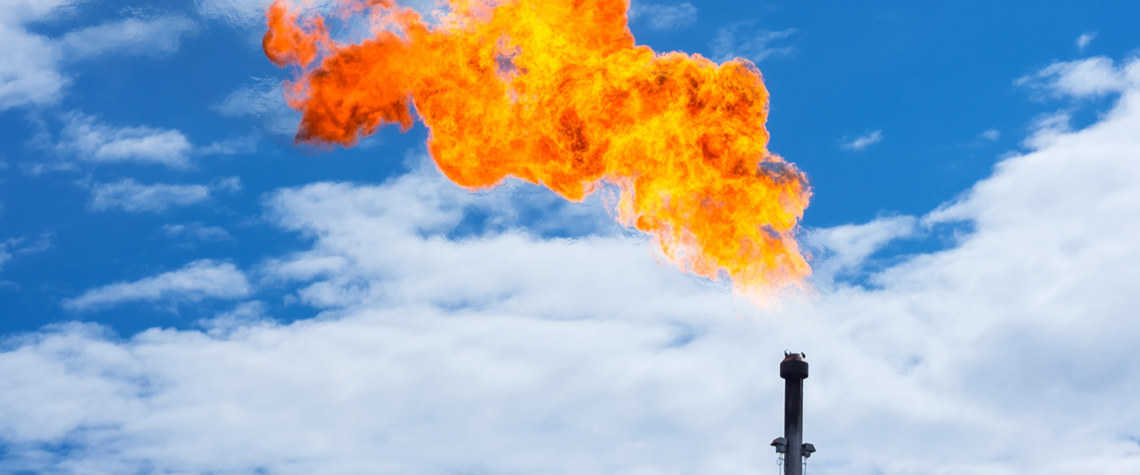The curious case of Kurdish gas
The KRG is seeking to increase gas flows and reduce flaring, but its strategy has raised a few eyebrows
The Kurdistan Regional Government (KRG) is moving to exert greater control over its oil and gas industry under Minister of Natural Resources Kamal Atroshi, who was sworn into office in January. Operators may not, though, see the greater engagement as unconditionally positive. IOCs active in Kurdistan had been sitting relatively pretty—14 months of consecutive timely payments coincided with the December announcement by the Ministry of Natural Resources (MNR) of a plan to pay off several months’ worth of debts. Under the MNR’s framework, firms received an additional $0.50/bl produced for each dollar over $50/bl in the realised price of crude, allowing them to slowly make good the arrears, say

Also in this section
29 July 2025
The EU’s Russia sanctions could have far-reaching implications for India’s Vadinar-based refinery
29 July 2025
There is a good strategic case for China to sign a deal for gas supplies via the proposed Power of Siberia 2 pipeline, but Beijing’s concerns over over-dependency on a single supplier and desire to drive down the price make it relatively unlikely that a contract will be finalised this year.
29 July 2025
EU industry and politicians are pushing back against the bloc’s green agenda. Meanwhile, Brussels’ transatlantic trade deal with Washington could consolidate US energy dominance.
25 July 2025
KRG, Iraq’s central government and Turkey are all working to get exports flowing from the key port, but complications remain








